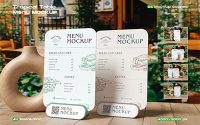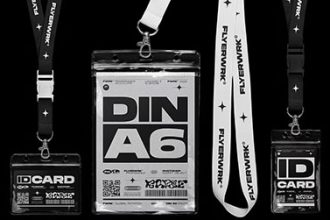Project case studies are vital tools for showcasing the success and impact of your projects. They provide a detailed overview of the problem, the solutions implemented, and the results achieved. Whether you’re a freelancer, part of a startup, or work for a large corporation, having an effective project case study template can streamline your documentation process, save time, and present your work in the best possible light.
This article will guide you through the essential components of project case study templates, offering ready-to-use examples to enhance your project documentation.
Why Use a Project Case Study Template?
A project case study template helps maintain consistency, ensures all relevant details are captured, and saves time. Here are a few reasons why using a template is beneficial:
- Efficiency: Templates reduce the time spent creating case studies from scratch.
- Consistency: Provides a uniform structure that is easy to follow.
- Professionalism: Showcases your projects in a polished, organized format.
- Clarity: Helps highlight the key aspects of your project, making it easier for stakeholders to understand the impact.
Project Case Study Template
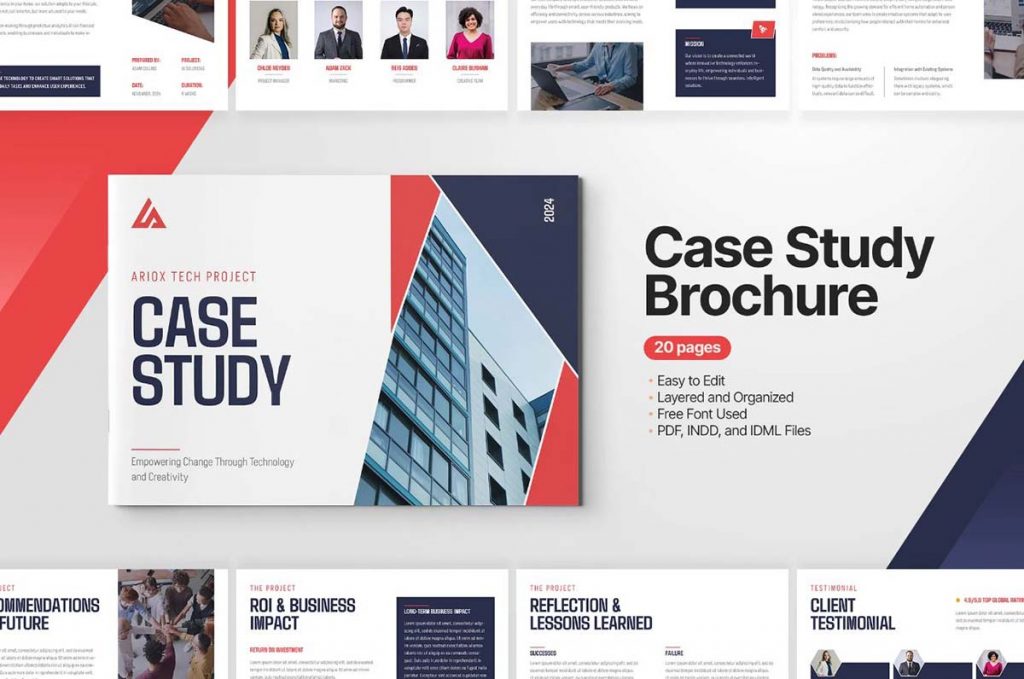
Case Study Design
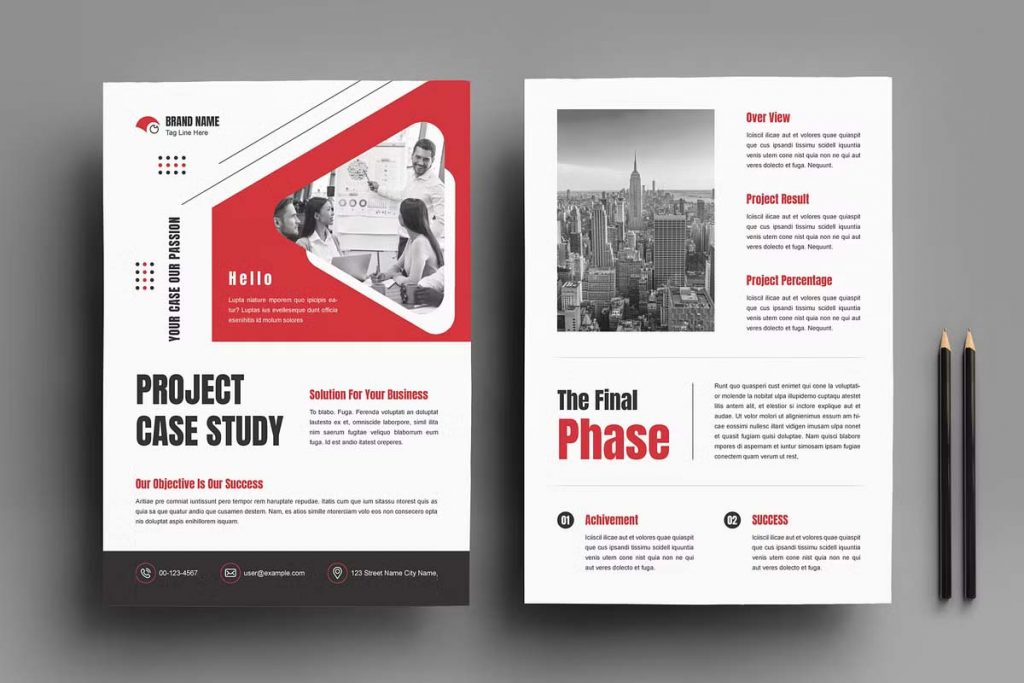
Project Case Study Template
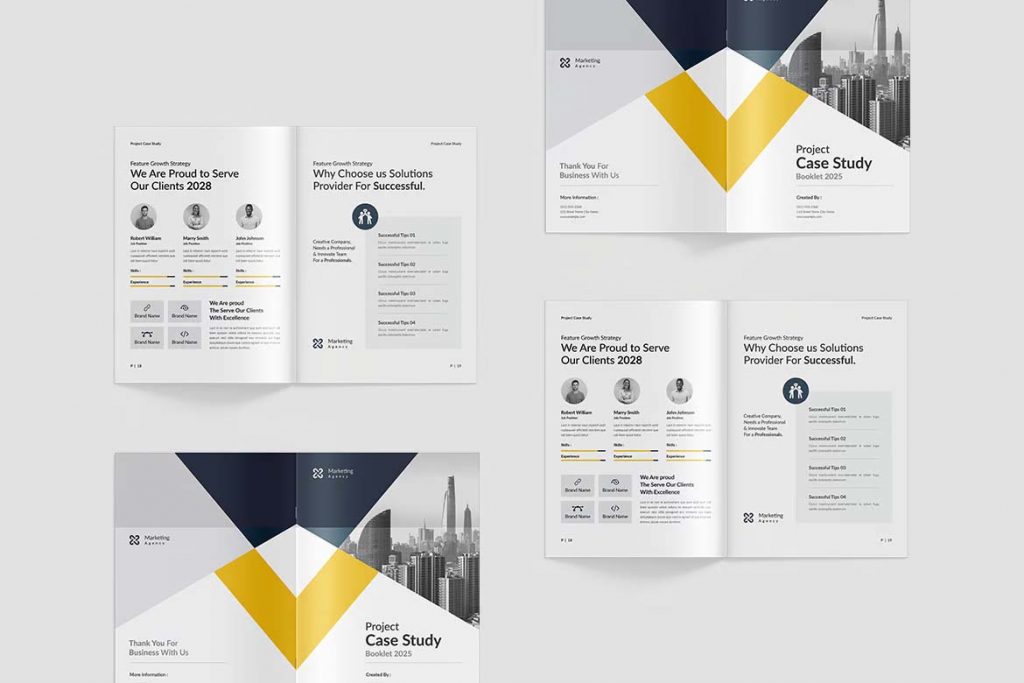
Case Study Presentation Template
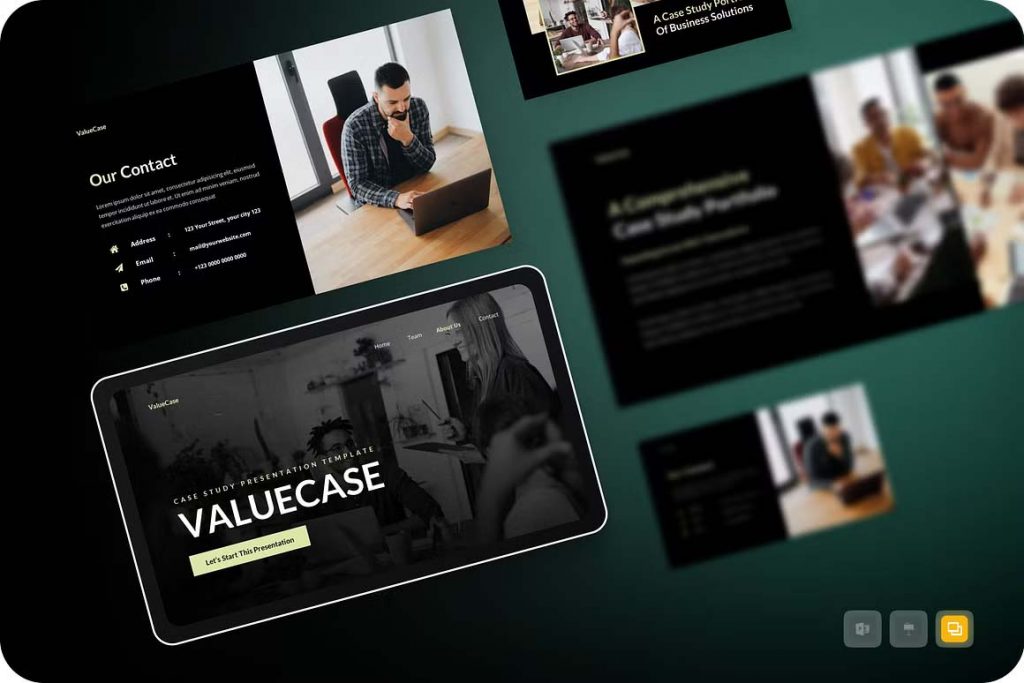
Project Case Study Template
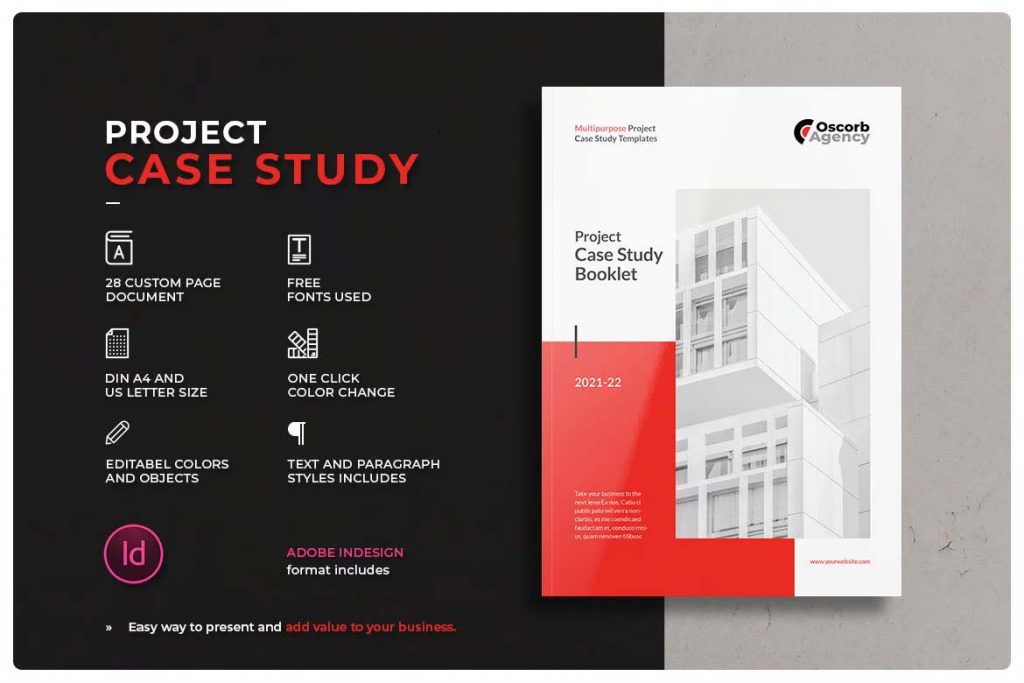
Case Study Canva Template
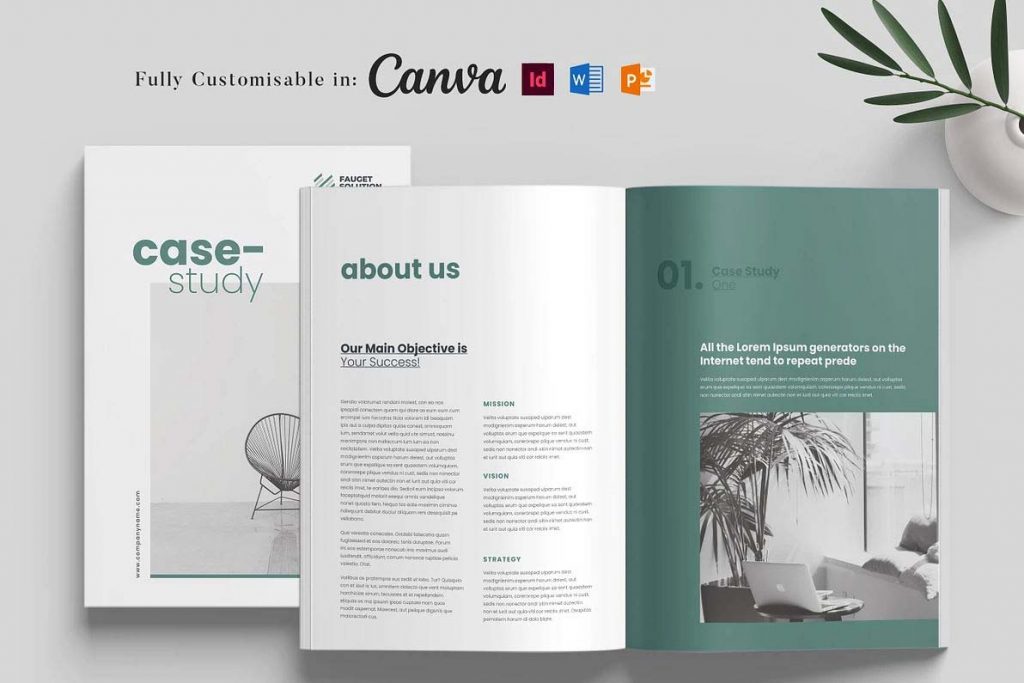
Project Case Study
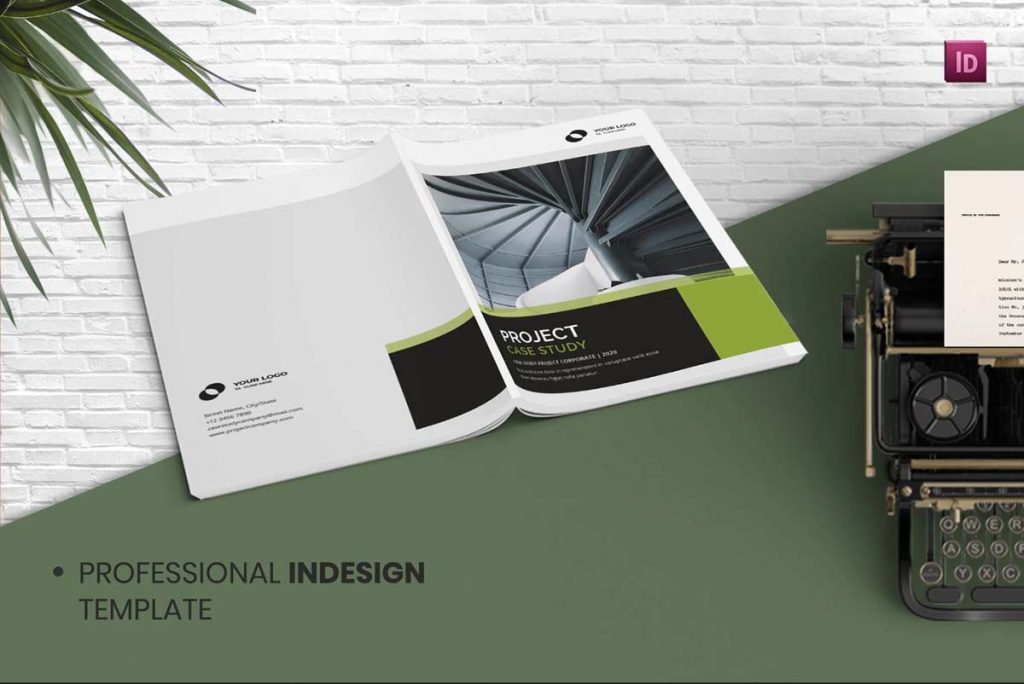
Business Case Study Layout
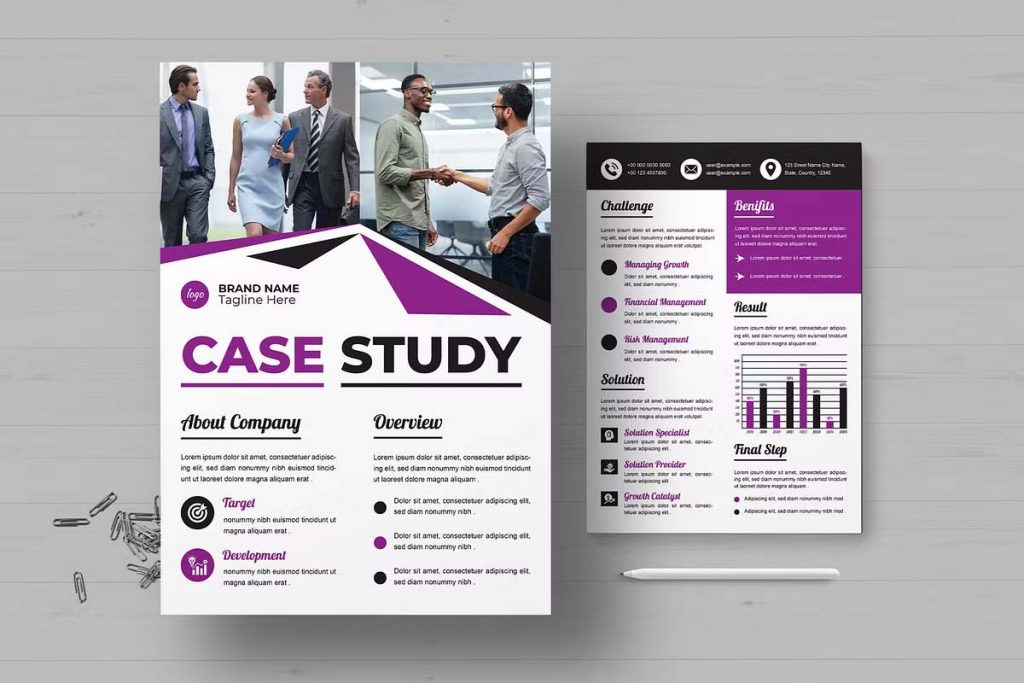
Project Case Study Template
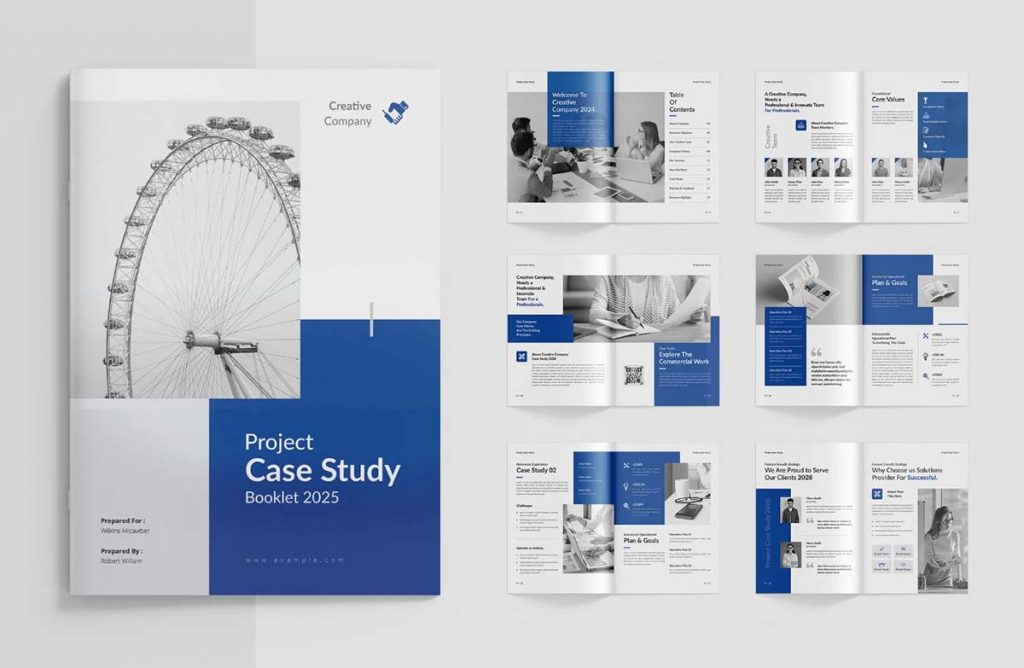
Case Study Design Template
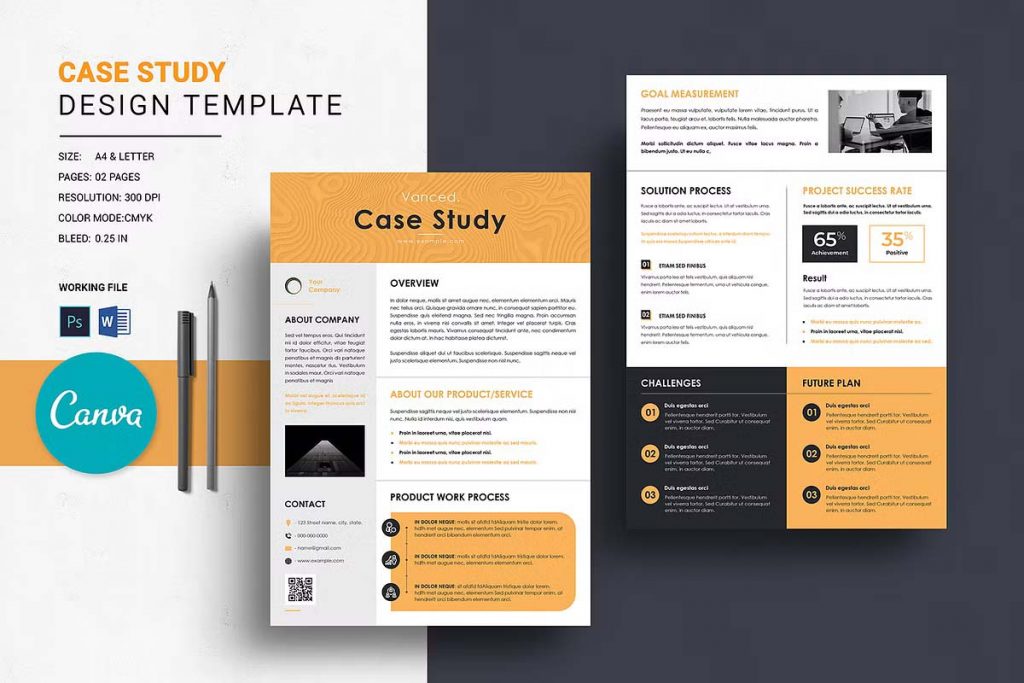
Case Study Template
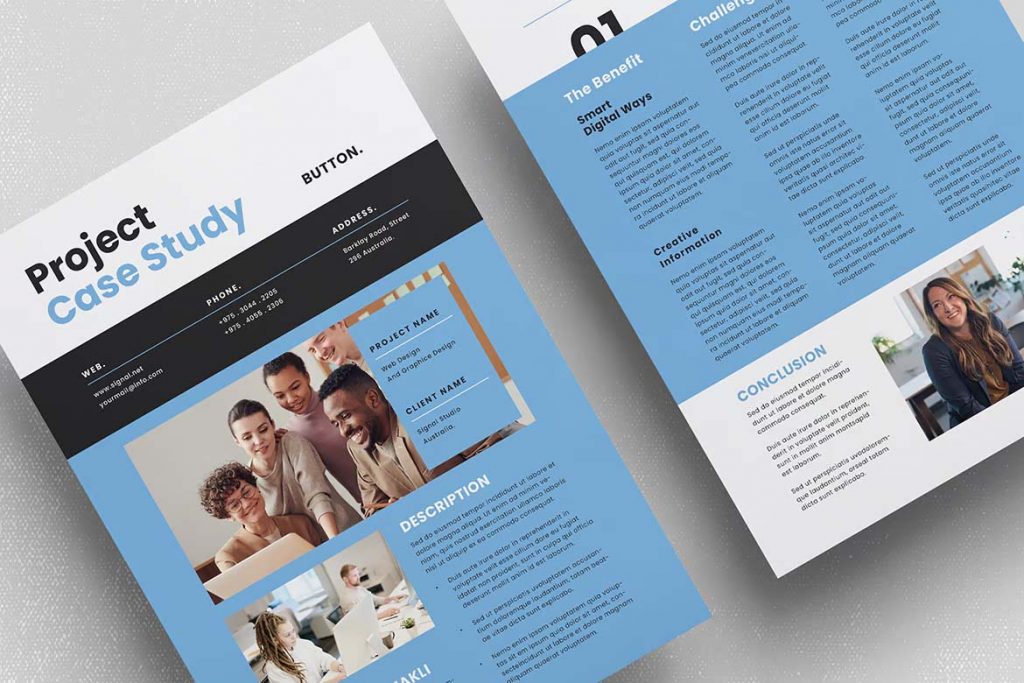
Project Case Study Templates
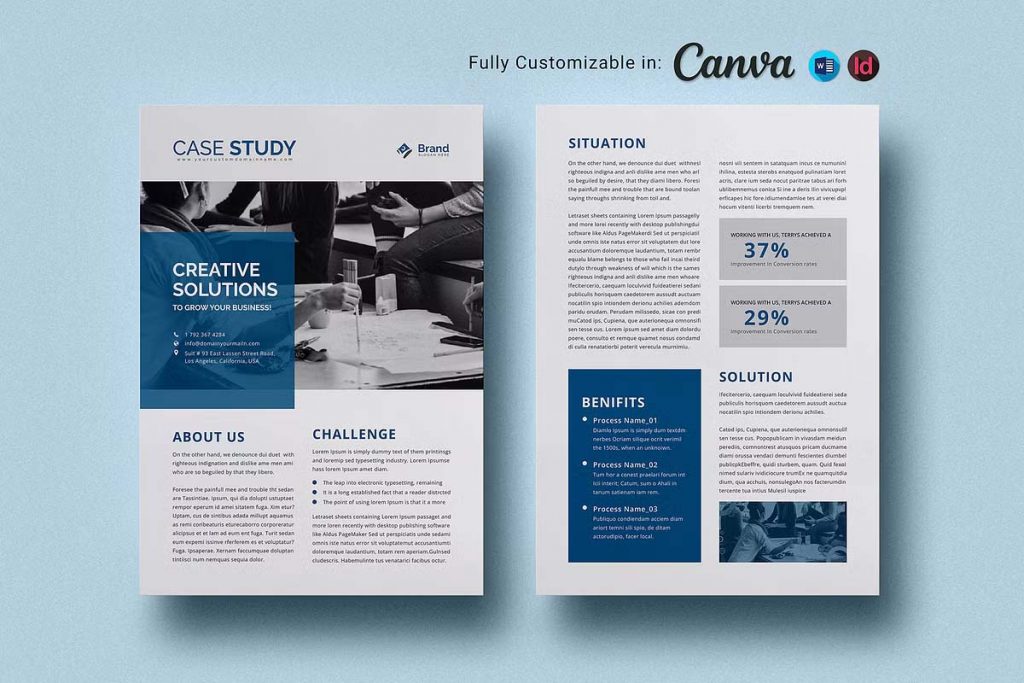
Case Study Template, Data Sheet
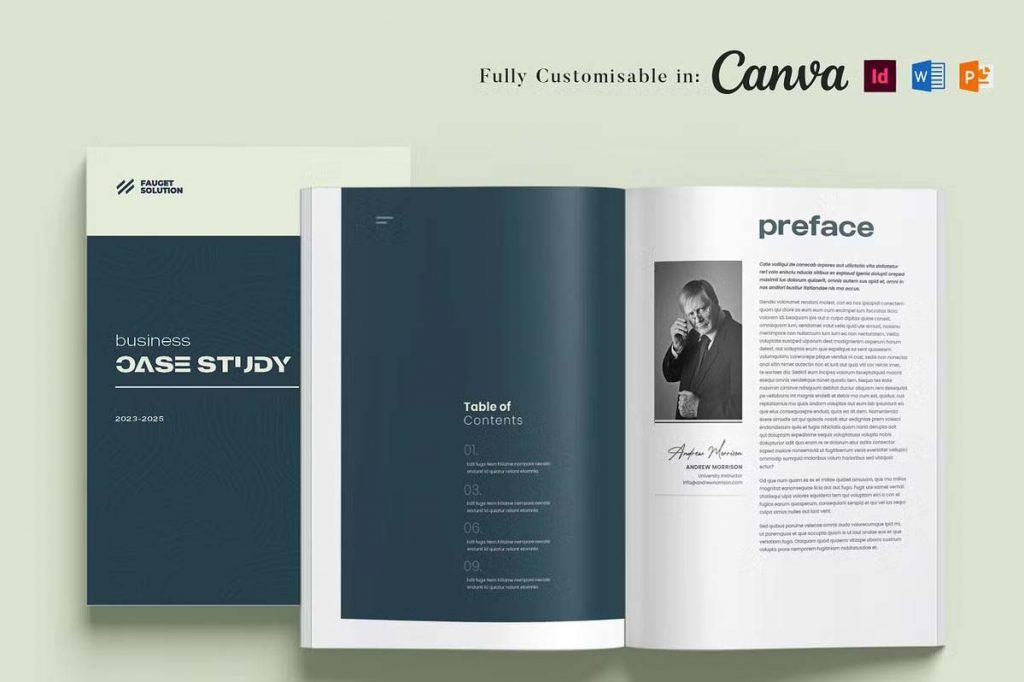
Case Study Template
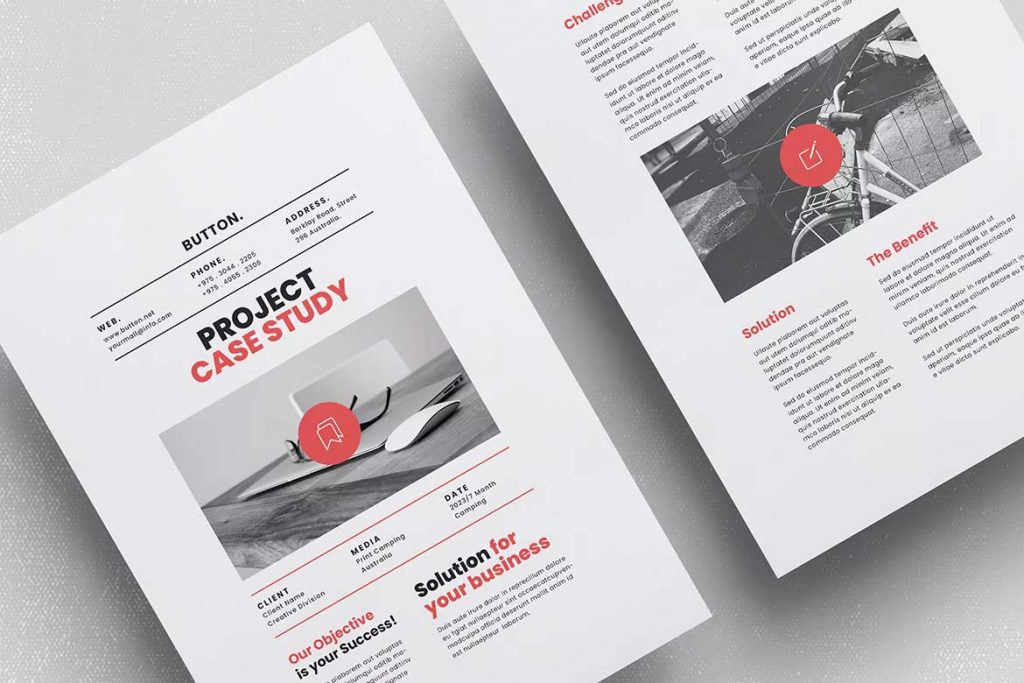
Case Study Template
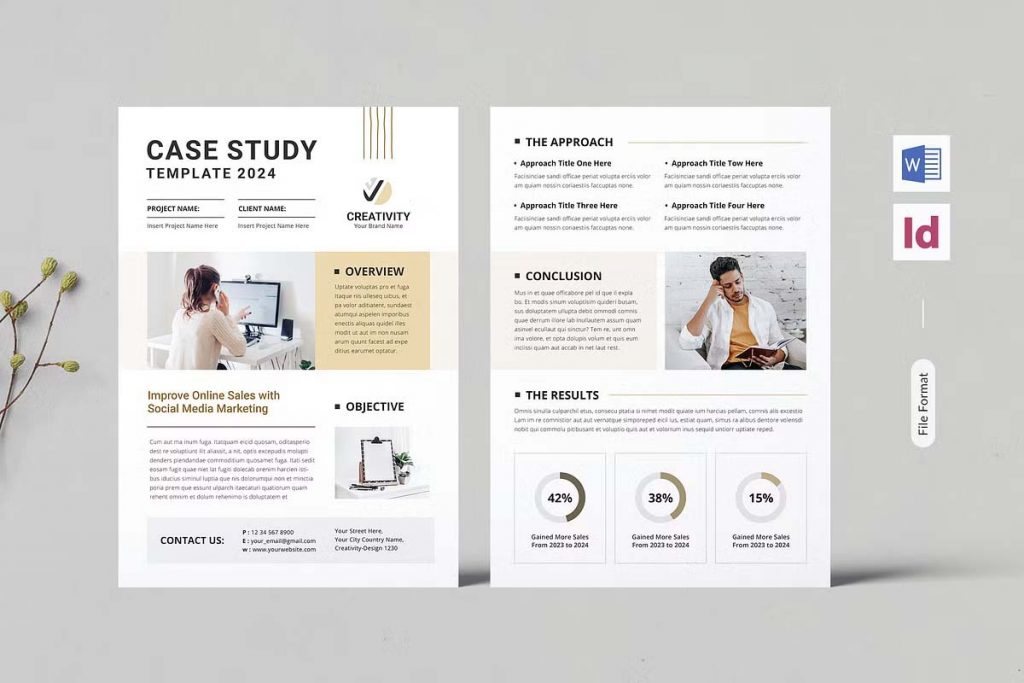
Case Study Template PSD
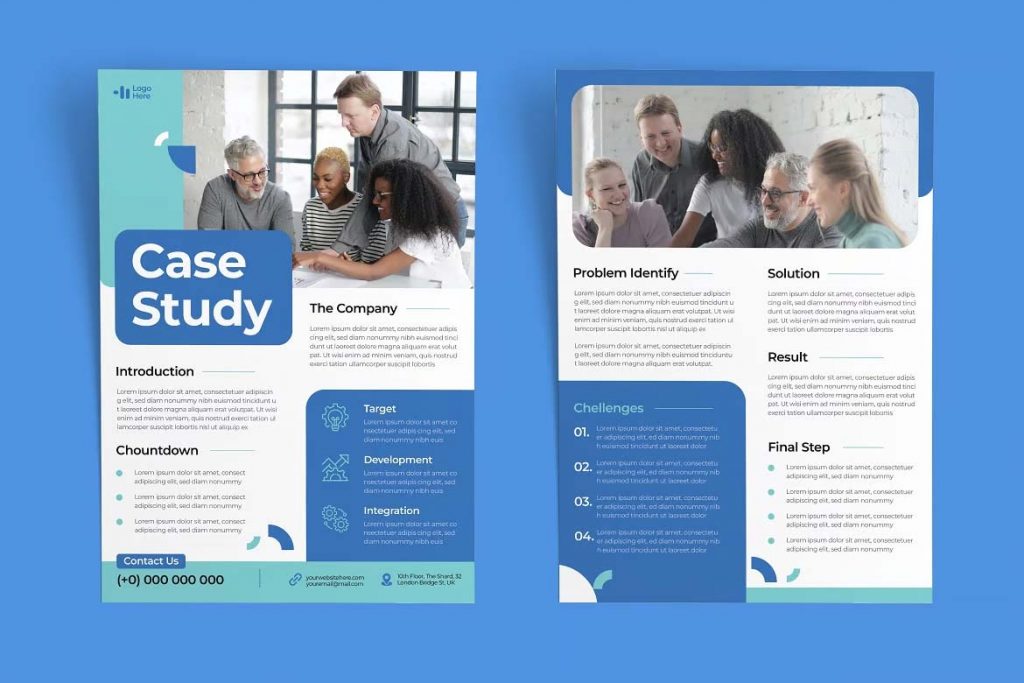
Key Components of a Project Case Study Template
A comprehensive project case study template should include several critical sections:
1. Title and Introduction
Your title should be clear and engaging, briefly summarizing the project. The introduction provides a snapshot of the project’s background and sets the stage for the rest of the case study.
Example: “Revolutionizing Customer Experience with AI: A Case Study on XYZ Inc.”
2. Client Background
Include a brief overview of your client or company. Highlight the industry, size, and any relevant details that give context to the project.
Example: “XYZ Inc. is a leading software company specializing in cloud-based solutions. With over 10,000 clients worldwide, they needed a new approach to enhance customer experience.”
3. Challenges or Problems Faced
Clearly outline the issues or challenges the client was experiencing before your involvement. This section sets up the need for the project and highlights the pain points you aimed to solve.
Example: “XYZ Inc. was struggling with a high churn rate due to poor customer service response times, impacting their revenue and customer retention.”
4. Solution and Strategy
Detail the solution you implemented to address the client’s challenges. Include specifics about your strategy, methodologies, and the technologies or tools you used.
Example: “We implemented a robust AI-powered chatbot to handle customer queries. This solution was integrated with XYZ’s existing CRM, automating over 70% of customer interactions and reducing response times by 50%.”
5. Implementation Process
Provide a step-by-step breakdown of how the project was executed. This section helps readers understand your workflow and the phases of the project.
Example:
- Phase 1: Discovery and Planning
- Phase 2: Design and Development
- Phase 3: Testing and Optimization
- Phase 4: Launch and Monitoring
6. Results and Impact
Highlight the outcomes and key metrics that demonstrate the project’s success. Use quantitative data wherever possible to showcase measurable improvements.
Example: “The implementation led to a 35% increase in customer satisfaction, a 40% reduction in churn rate, and generated an additional $1 million in revenue within the first six months.”
7. Client Testimonial
Include a quote from the client to add credibility and a personal touch to your case study. Testimonials help potential clients see the value you’ve delivered.
Example: “The team’s expertise in AI transformed our customer service operations. We saw immediate improvements and are thrilled with the results.” – John Doe, CEO of XYZ Inc.
8. Conclusion and Call to Action
Summarize the case study and include a call to action. Invite readers to contact you for similar solutions or to learn more about your services.
Example: “This project showcases the impact of innovative AI solutions in transforming customer experiences. If you’re facing similar challenges, get in touch with us to discuss how we can help.”
How to Create Your Own Project Case Study Template
Creating your own template is simple if you follow the structure outlined above. You can use popular tools like Microsoft Word, Google Docs, or specialized project management software to create a customizable case study template. Ensure it’s easy to update and maintain, allowing you to quickly adapt it for future projects.
Free Project Case Study Template Download
To help you get started, we’ve created a free, downloadable project case study template. This template includes all the essential sections and is easy to customize. Click here to download your free project case study template.
Final Thoughts
Project case studies are powerful marketing tools that help demonstrate your expertise, build trust with potential clients, and showcase the value of your services. Using a well-structured template not only saves time but also ensures you present your projects in a compelling, professional manner.
If you’re ready to elevate your project documentation process, start with a robust project case study template. It’s a small change that can have a big impact on how you present your work and attract new clients.

